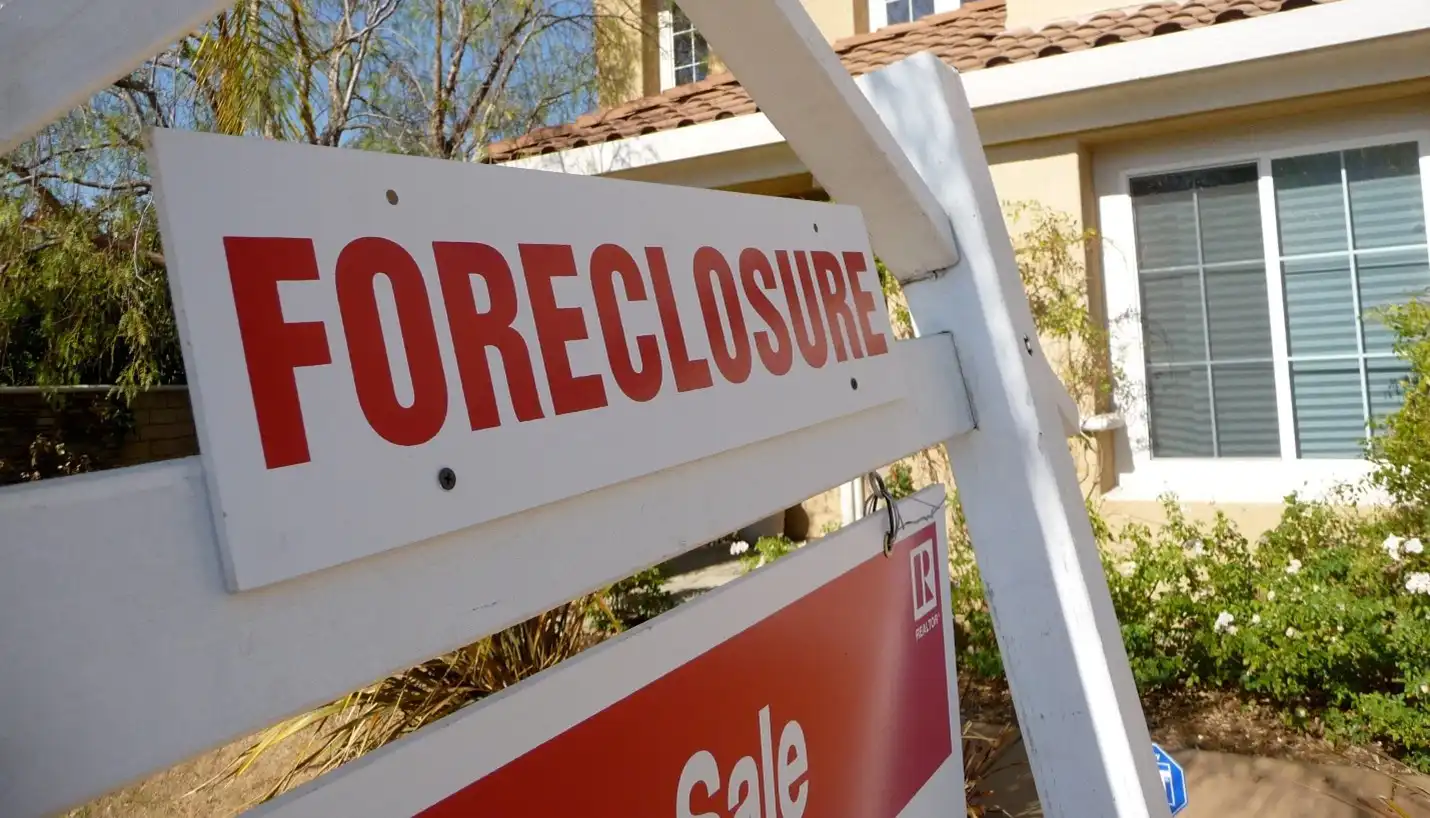Tag: Foreclosure
-

When Lien Holders Demand Repayment: Who Has the Most to Gain by Foreclosing?
If you own a home, you can use it as collateral and borrow money. The lenders may then place liens on your title, representing that money you have to repay. The classic example involves taking out a mortgage against the value of a home you want to buy. You must repay the home loan, or…
-

The Fine Was Unfair. Can the Association Put a Lien on My Condo and Drive Me Out?
Got HOA questions? You’re not alone. Nearly one in three deed holders today live with a homeowners’ association (HOA). Most new houses, along with traditional condo properties, are developed for associations. HOAs have authority to fine those who defy their rules. Ignore these fines, and you might find a lien on the title one day.…
-

FAQ: When the Divorce Decree Conflicts With the Deed
Many couples own homes together. If they ever decide to separate, they need to know what to do with their co-ownership. They could simply sell the home to solve that issue. But after a legal separation or divorce, one of the two people may want or need to stay in the home. If the deed…
-

To Avoid Foreclosure, Which Should I Do: Deed in Lieu? Or Short Sale?
OK, it’s decision time. You’re dealing with financial challenges: a breakup, employment shakeups, or just too much debt against your property. You hold a deed, but can’t keep up with your housing costs. And you definitely want to avoid having a foreclosure on your credit history. What should you do now? A deed in lieu…
-

A Deed in a Box? Understanding the Deed in Escrow
Deed in escrow has multiple meanings. In this article, we’ll discuss the concept as it applies to community restoration, and we’ll also discuss the deed in escrow as a way of averting a foreclosure.
-

Guilty Pleas in Long Island: Heirs Recover Their Stolen Deeds
Two New Yorkers — and one is a former lawyer and a licensed notary — have pleaded guilty to deed fraud charges in New York. The charges involve first-degree scheming to defraud, and additional counts related to forging and filing false documents to take deceased people’s titles in Nassau and Queens. A company run by…
-

Who Owns Your Home—You, or the Bank? Check for a “Defeasance Clause”
Defeasance? What’s that? Some home loans contain a defeasance clause. It means you’re giving up collateral. Do your home loan documents have defeasance language? If so, your lending institution holds your home’s title for as long as you owe the lender money. Although the legal owner is your lender, you are still called the homeowner.…
-
Mortgage Company Paying Your Property Taxes Out of Escrow? Check.
Most home buyers get a mortgage loan to finance the purchase. And for most people, the mortgage servicing company holds some of the owner’s payment in escrow, and pays property taxes out of that account on behalf of the borrower as long as the mortgage exists. But what if the mortgage servicer lets a tax…
-
The Big Tease: Look Out for Rising Interest on a Home Equity Line of Credit
Once you get a deed to your own home, you have special wealth-building powers. Pay off the mortgage faithfully month by month, and you own increasing home equity. This is how your home turns into value you can tap when you need or want it. A home equity line of credit (HELOC) gives you an account…







